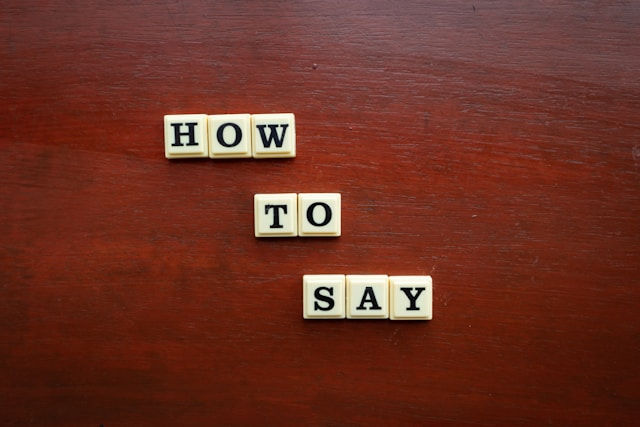There are many different ways to communicate with someone who has a disability
- gillianjones48
- Sep 22, 2025
- 3 min read
I realised after many years that I learned differently from others.
I seemed like a slow learner, but once I got the gist of something, it clicked into place, and I raced ahead at a furious pace. Little did I know years later that I was neurodivergent. A good example of this would be in English, reading, and comprehension. It took me a while to grasp the fundamentals of reading, but once I did, I raced ahead of everyone else, and by the time I was 8 or 9, I’d read the entire school library. My learning was programmed at those whose brains worked differently from my own.

I don’t think I’m unique in this. There are probably many people out there who learn differently from everyone else and not just those who are neurodivergent. However, sadly, the education system doesn’t always suit individual learning styles, and everyone must reach the appropriate age levels each year. I found as time wore on that I was good at things other people couldn’t do, but unable to grasp things that others found easy.
As we know, milestones begin at school, but we carry them with us for life. Have we achieved the same as our peers? Have we reached the correct income level at thirty, at forty?
Do we have the house?
the car,
the wife/husband,
And the two children?
Society programmes us into believing that productivity is our only goal, and from that point, we must accrue the relevant material rewards to go with it along the way.
But what if we lived in a world where people were encouraged to develop at their own pace, to value creativity as much as science or maths, to cherish learning for the sake of learning rather than to pass exams?
***
Moving on slightly from this, I’m also aware that to understand and learn at your own pace, you need the right resources. If you are someone who’s creating something or providing a service to those whose ability to learn is different from the mainstream, can you explain how to use or take advantage of it in such a way that it is understood?
You may have created something that’s going to make a world of difference to someone with a physical disability or a mental health condition. Perhaps they're non-verbal, or they have a hearing impairment. Can you illustrate to your audience, provide copy on your website, or describe it visually, how this thing works in clear and concise language that doesn’t confuse?
If you’re struggling with this or if someone has highlighted the difficulty in understanding the new concepts/ideas you’ve introduced, which you think certain people will benefit from, I can help. Just hop on over to my services page or get in touch with me directly, and we can come up with something together, whether that’s a script, a case study, an article, or a dedicated landing page.
Appreciating how others learn at a different pace and in different ways helps us to adjust the way we teach, show, and communicate. Discovering my own neurodivergency helped me to appreciate differences in a way I hadn’t before. Looking at my own experience and how I learned to identify and accept how I learned new things has made me realise how important it is to appreciate that we may not all learn in the same uniform way.
Yet that doesn’t mean that on an intellectual level we cannot understand. It just means a shift in communication, and the words we use can make all the difference to an audience eager to adopt new ideas and ways of doing things. And it can not only make a difference to you, it can also have a huge impact on the people you're trying to reach. Isn't that worth aiming for?



Comments